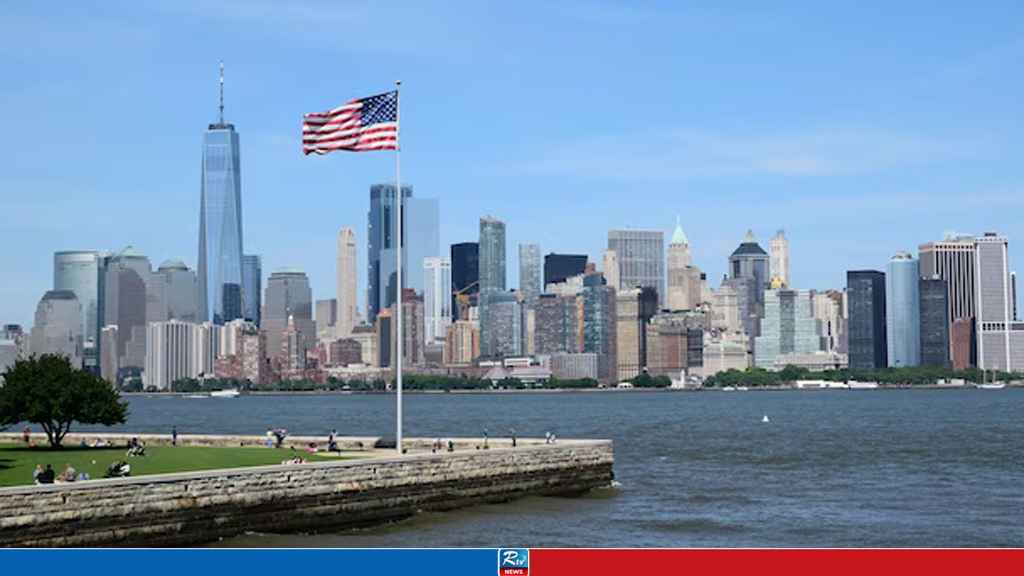US President Donald Trump has announced a complete ban on entry to the United States for citizens of 12 countries, alongside imposing strict travel restrictions on citizens from an additional 7 nations.
The US President issued an executive order to this effect on Wednesday (June 4) local time. Al Jazeera reported this information today, Thursday (June 5).
According to the report published citing the White House, Trump's order will take effect next Monday. The 12 countries whose citizens are completely banned from entering the US are Afghanistan, Chad, Congo, Equatorial Guinea, Eritrea, Haiti, Iran, Libya, Myanmar, Somalia, Sudan, and Yemen.
Additionally, the seven countries whose citizens face extra restrictions are Burundi, Cuba, Laos, Sierra Leone, Togo, Turkmenistan, and Venezuela.
Regarding the decision, US President Donald Trump stated, "I have to take this step to protect the national security and interests of the American people."
In a video message released by the White House, he said, "The recent attack at a pro-Israel rally in Boulder, Colorado, prompted me to make this decision. Such incidents prove how dangerous the entry of inadequately vetted foreigners can be for us. What happened in Europe, we will not allow to happen in America. We cannot adopt an open-door policy for immigration from any country from which new arrivals cannot be properly vetted and monitored."
The US President explicitly stated, "We will not allow those who wish to harm us to enter our country."
However, Trump's current action is considered a continuation of the controversial travel ban he issued during his first term in 2017. At that time, he banned citizens from seven Muslim-majority countries from entering the US. Those countries were Iran, Iraq, Libya, Somalia, Sudan, Syria, and Yemen. Many travelers were stranded at airports or unable to board flights, affecting numerous students, researchers, businesspeople, and individuals visiting family.
From the outset, Trump presented this ban as a measure to protect "national security." Yet, in 2015, as a presidential candidate, he publicly advocated for banning Muslims from entering the US. Later, after various legal challenges, the US Supreme Court upheld Trump's revised ban in 2018. That ruling maintained travel restrictions on Iran, Somalia, Yemen, Syria, Libya, and certain government officials from North Korea and family members of some officials from Venezuela.





